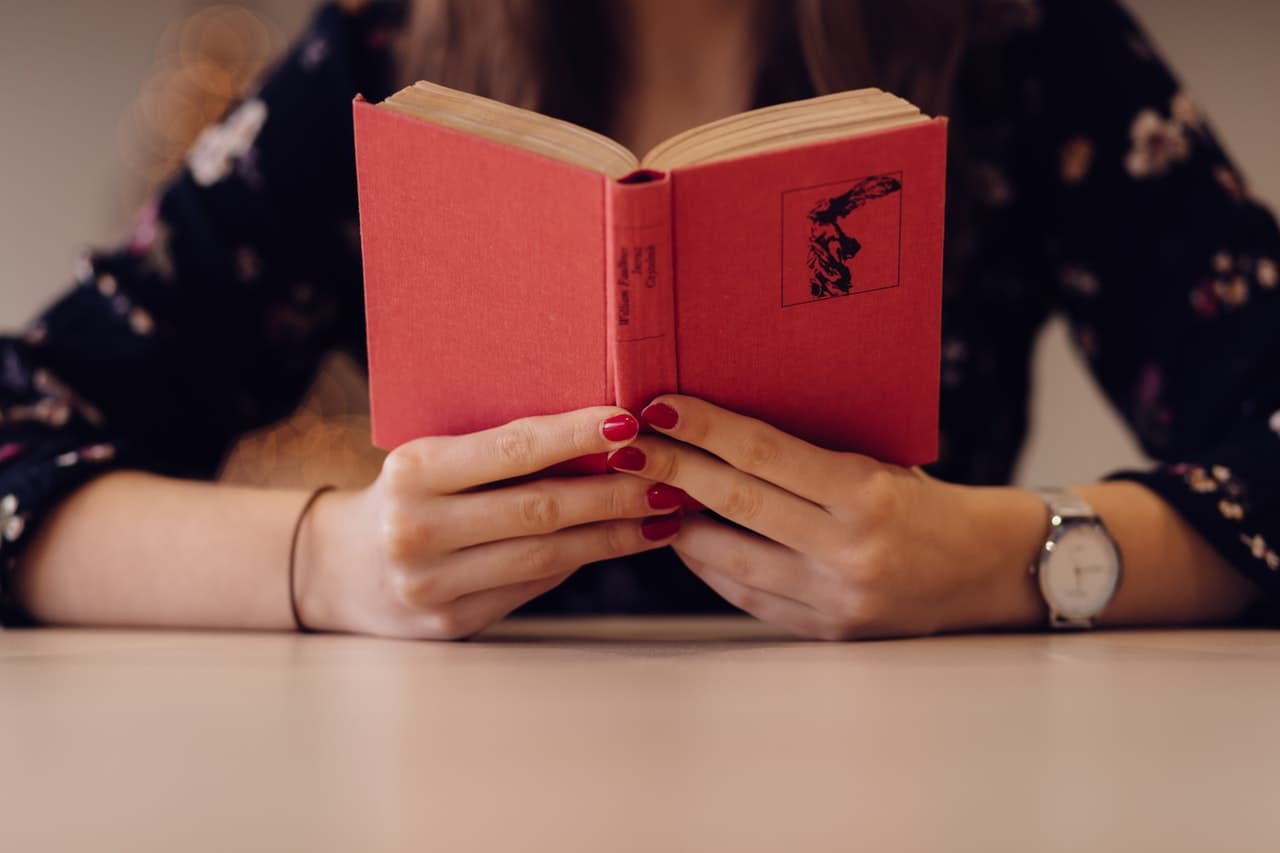The English-speaking world is already in a pretty poor state when it comes to literature in translation: the percentage of translated fiction published each year in the US hovers stubbornly around three percent of the total (the famed ‘three percent problem’), and the UK is performing little better with around seven percent. But if the situation is bad for non-English-speaking writers in general, it’s especially dire for women, who make up a mere 30 percent of that three percent. While awareness is growing and a new literary prize has been set up to promote women’s writing in translation, change is slow in coming.
Women in Translation Month aims to combat the dearth of translated fiction by women, but rather than being an indictment of the translation industry, it’s intended as a celebration of female authors. So, naturally, book recommendations are the order of the day. There’s no better time to discover a new favourite author, and, with discount codes available from various publishers, no cheaper time, either. Even a cursory glance at the #WITmonth Twitter hashtag is enough to triple your to-read list, but if you still can’t get enough of women in translation, the Supertext team is here to help…
1. Han Kang
The South Korean author’s novel The Vegetarian won the 2016 Man Booker International Prize. It was followed by Human Acts, which gained high praise for its harrowing portrayal of the 1980 Gwangju uprising, while her latest work, The White Book, will be published in November. All three are translated by Deborah Smith.
2. Elena Ferrante
The prolific but pseudonymous Italian author has sparked a thousand speculations about her true identity, but we don’t have to guess the translator responsible for bringing My Brilliant Friend and The Story of a New Name to English-speaking audiences – it’s Ann Goldstein.
3. Svetlana Alexeivich
Belarussian journalist Svetlana Alexeivich, who writes in Russian, won the 2015 Nobel Prize in Literature for her poetic oral histories of the Soviet Union. Secondhand Time, her latest book to be published in English, is translated by Bela Shayevich.
4. Qiu Miaojin
Qiu Miaojin is an icon of Taiwanese modernist and queer literature. Notes of a Crocodile, translated by Bonnie Hue, and the posthumously published Last Words from Montmartre, translated by Ari Larissa Heinrich, present intense, genre-defying glimpses into the tangled life and loves of a lesbian student in Paris and Taipei.
5. Basma Abdel Aziz
Basma Abdel Aziz’s post-Arab Spring dystopian novel The Queue presents a sharp, Kafkaesque critique of authoritarianism set in an unnamed Egyptian city, and is translated by Elisabeth Jaquette.
6. Lina Meruane
Chilean author Lina Meruane’s Seeing Red, translated by the prolific Megan McDowell, is a visceral examination of blindness, family ties and historical trauma.
7. Liu Xia
Poet and artist Liu Xia’s writing testifies to the persecution she and her late husband Liu Xiaobo suffered at the hands of Chinese authorities. Empty Chairs, translated by Ming Di and Jennifer Stern, collects poems written between 1983 and 2003 and evokes the isolation of house arrest.
